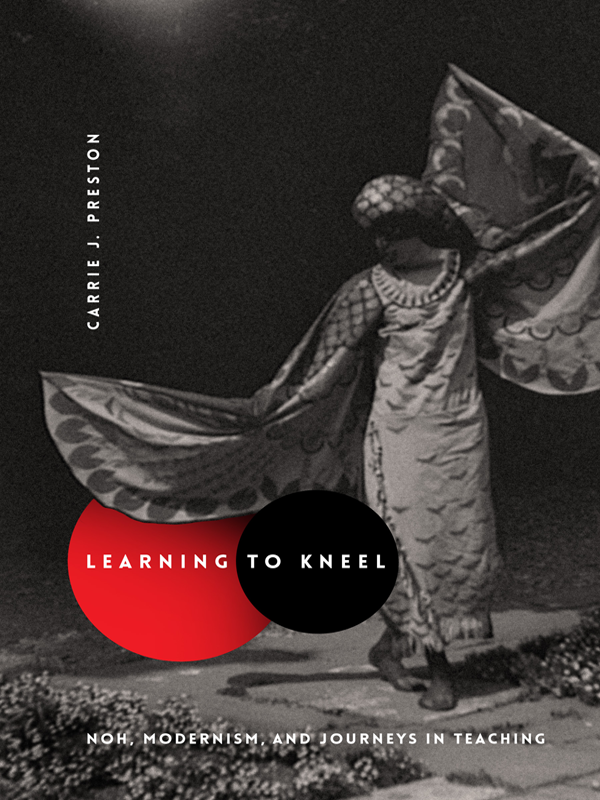

Most ebook files are in PDF format, so you can easily read them using various software such as Foxit Reader or directly on the Google Chrome browser.
Some ebook files are released by publishers in other formats such as .awz, .mobi, .epub, .fb2, etc. You may need to install specific software to read these formats on mobile/PC, such as Calibre.
Please read the tutorial at this link: https://ebookbell.com/faq
We offer FREE conversion to the popular formats you request; however, this may take some time. Therefore, right after payment, please email us, and we will try to provide the service as quickly as possible.
For some exceptional file formats or broken links (if any), please refrain from opening any disputes. Instead, email us first, and we will try to assist within a maximum of 6 hours.
EbookBell Team

5.0
20 reviewsIn this inventive mix of criticism, scholarship, and personal reflection, Carrie J. Preston explores the nature of cross-cultural teaching, learning, and performance. Throughout the twentieth century, Japanese noh was a major creative catalyst for American and European writers, dancers, and composers. The noh theater's stylized choreography, poetic chant, spectacular costumes and masks, and engagement with history inspired Western artists as they reimagined new approaches to tradition and form. In Learning to Kneel, Preston locates noh's important influence on such canonical figures as Pound, Yeats, Brecht, Britten, and Beckett. These writers learned about noh from an international cast of collaborators, and Preston traces the ways in which Japanese and Western artists influenced one another.
Preston's critical work was profoundly shaped by her own training in noh performance technique under a professional actor in Tokyo, who taught her to kneel, bow, chant, and...
In this inventive mix of criticism, scholarship, and personal reflection, Carrie J. Preston explores the nature of cross-cultural teaching, learning, and performance. Throughout the twentieth century, Japanese noh was a major creative catalyst for American and European writers, dancers, and composers. The noh theater’s stylized choreography, poetic chant, spectacular costumes and masks, and engagement with history inspired Western artists as they reimagined new approaches to tradition and form. In Learning to Kneel, Preston locates noh’s important influence on such canonical figures as Pound, Yeats, Brecht, Britten, and Beckett. These writers learned about noh from an international cast of collaborators, and Preston traces the ways in which Japanese and Western artists influenced one another. Preston’s critical work was profoundly shaped by her own training in noh performance technique under a professional actor in Tokyo, who taught her to kneel, bow, chant, and submit to the teachings of a conservative tradition. This encounter challenged Preston’s assumptions about effective teaching, particularly her inclinations to emphasize Western ideas of innovation and subversion and to overlook the complex ranges of agency experienced by teachers and students. It also inspired new perspectives regarding the generative relationship between Western writers and Japanese performers. Pound, Yeats, Brecht, and others are often criticized for their orientalist tendencies and misappropriation of noh, but Preston’s analysis and her journey reflect a more nuanced understanding of cultural exchange.
Carrie J. Preston is associate professor of English and director of the Women’s, Gender, and Sexuality Studies Program at Boston University. Her book, Modernism’s Mythic Pose: Gender, Genre, Solo Performance, won the De La Torre Bueno Prize, and her articles have appeared in Modernism/modernity, Theatre Journal, Twentieth-Century Literature, and Modernist Cultures.